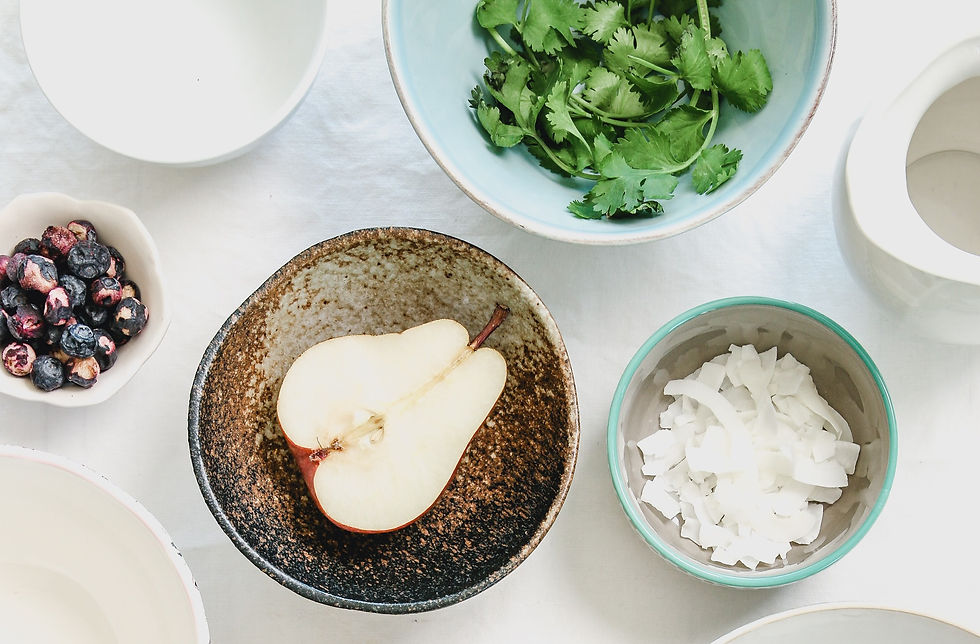Wellness Industry. What is it?
- Natural Minds

- Apr 18, 2022
- 4 min read
Are we ready to talk about the Wellness industry? Firstly, it’s a huge industry, turning over literally billions of pounds each year. Whether it’s vitamins, diet or mental health services, it’s all part of a growing market. Whilst there are many positives about this industry, it’s good to be aware of the downsides of an industry, that can sometimes play into our inner fears.

What is the Wellness industry?
Many of us get involved in the Wellness industry without any bad side effects, however, for some of us the Wellness industry can be incredibly damaging. Whilst it would be irresponsible to say that all of the Wellness industry is bad, far from it, however, when the potential to make huge profits rears its head, it’s good to question this industry to check that it’s working for you, the consumer.
What is Wellness?
There are so many definitions of wellness, that it's hard to pinpoint exactly what the terms means. The industry can cover anything, from vitamins, natural medication, diet advice and attending retreats. The current wellness culture is full of pseudoscientific claims of increasing energy, reducing inflammation, lowering the risk of cancer and healing skin, gut and fertility problems. But can it fulfill all of these claims and is there any scientific evidence or research to back up it's claims?
The Vitamin Industry
In 2021 The vitamin industry sold over £12 billion worth of vitamins across the world. Let that sink in for a while. It’s huge and all largely, unnecessary. We should all be able to get most of our vitamins from the food we eat, if we eat a balanced diet and maintain a healthy balance in our lives. Sometimes in life, we might need a few supplements, for example, being pregnant, recovering from illness, menopause, etc but generally our food should provide all of the vitamins we need for a healthy body. It is possible to provide all of the nutrition and vitamins that your body needs with a healthy diet and exercise.
Natural remedies
There has also been an increase in some supplements that make claims to manage serious illnesses, with little or no evidence to back up these claims. Whilst I am not against natural remedies, after all, natural remedies were used years ago to treat illnesses, so why not now. However, it's ok to use some caution and have an open mind to all treatments for illnesses and more importantly, take medical advice in conjunction with using your own judgement when taking natural remedies. We all react differently to medications and it's important to know when something is working and when it's not. And more importantly, it's ok to change your mind mid treatment if you don't feel the natural remedy is working for you. Don't feel pressured to continue down a path that isn't working.
The Diet Industry
Finally, the diet industry is huge and it feels like it’s everywhere. Instagram is full of diet advice, adverts on TV and other social media platforms are full of diet advice and apps, some of which dangerously stray into pseudo mental health advice. Many weight control apps or companies, present themselves as wellness and clean eating, duping, primarily women, to participate under the guise of health. Wellness influencers attract hundreds of thousands of followers on Instagram, usually with little or no mental health training around weight loss, which can be both misleading and dangerous. Unfortunately, when profit is involved, standards and a duty of care can be missing. Always take medical advice before embarking on a weight loss journey and if possible, include some mental health advice to find out why our eating may have become disordered.
To summarise, the wellness industry can have some really positive effects on all of our lives but it’s important to use some caution. The diet and beauty industry can be punishing for us all, but particularly women. It can hurt both our physical and mental health and the stress and pressure that some women feel under can be painful. Wellness is largely aimed at the privileged section of society so you have to ask yourself, for whose benefit is it really run? Ids it the often vulnerable consumers, who become entangled with this industry, unable to achieve the ‘perfect’ image sold to them, or the big corporations who are selling these products to them?
Finally, wellness can contribute to the idea that women cannot be trusted to make decisions when it comes to their own bodies, whether that is food, exercise or beauty. I want women to take back some control of ourselves and to stop adhering to images that are produced for us. It would be great if we can start trusting ourselves more and not listening to so many outside influences about how we should look or feel.
Think about this. When men meet up, they don’t waste their time pointing out every flaw on their bodies or analyse every insecurity they are feeling about themselves. They discuss ideas, strategies, career plans. Let’s get to a place where we all feel secure in ourselves and don’t need an industry that isn’t always looking out for our wellbeing, no matter what the name of that industry suggests.




Comments